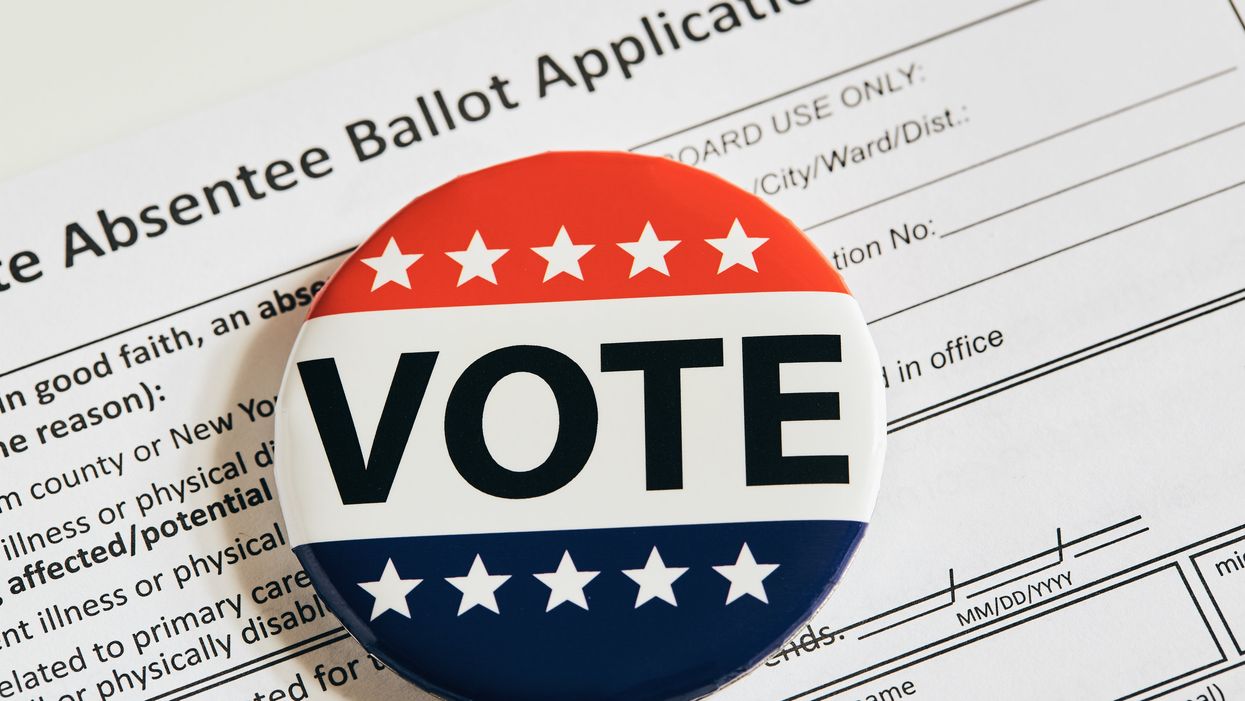Proponents of expanded voting by mail during the pandemic won victories Monday in three states, two of them solid blue but one of them reliably red.
The top elections official in Alabama, a Republican, decreed that fear of the coronavirus would be reason enough to vote absentee for president this year. Vermont joined the handful of states that have decided to send return-by-mail ballots to all voters for the general election. And Connecticut's plans to open mail voting to everyone in next month's primary survived a GOP lawsuit.
The various decisions come as policymakers and courts across the country continue to deliberate proposals for separating Covid-19 from the voting booth — a problem that remains intense now that it's clear the nation's public health crisis will continue way beyond November.
Here are the details:
Alabama
GOP Secretary of State John Merrill went against the wishes of President Trump, who opposes expanded mail voting by saying without evidence that election fraud is a sure consequence. The state normally has strict excuse requirements to vote absentee, but Merrill expanded them for this month's primary runoff to include fear of Covid-19, which is surging in the state — and has now extended that decision until November.
"Amid coronavirus concerns, it is important to remember that Alabamians who are concerned about contracting or spreading an illness have the opportunity to avoid the polls on Election Day by casting an absentee ballot," he said.
Merrill's expansion of absentee balloting, which won praise from Democrats in Montgomery, salves the sting that voting rights groups in the state had suffered at the hands of the Supreme Court three weeks ago. The justices voted 5-4 to block a lower court order easing other mail voting restrictions that are complicated at any time — but especially during a public health crisis.
At least through municipal elections next month, the two rules that Judge Abdul Kallon of Birmingham had struck down will remain in force: A copy of a photo ID must be part of a voter's application for a ballot, and an affidavit signed by a notary public or two adult witnesses must accompany the ballot itself.
Vermont
The nation's smallest reliably Democratic state said it would mail a general election ballot to every active, registered voter starting Sept. 18, more than six weeks before Election Day.
Other than the five states that had planned to conduct all their elections by mail even before the pandemic, California appears to be the only other state that has adapted this aggressively to the ever-changing nature of the Covid-19 emergency.
Vermont's General Assembly earlier voted to give state officials the leeway to change election procedures. The details, announced by Secretary of State Jim Condos, will also allow for outdoor polling places as well as drive-through polling stations for the Aug. 11 primary and the November general election.
Town clerks will also be permitted to begin processing ballots a month ahead of time, to avoid delays and confusion by waiting until the election is over. Although no excuse has been required to vote by mail in the state in the past, only about 10 percent of Vermoters did so, so the rush of envelopes this fall will be unexpected.
Earlier this month the state sent postcards to all voters so they could request a mail-in ballot for the Aug. 11 primary — and a quarter of them have already done so.
Connecticut
The state Supreme Court cleared the way for widespread mail voting in the primary, also Aug. 11, by dismissing a lawsuit from four Republican congressional candidates who said Democratic Gov. Ned Lamont had exceeded his power by relaxing the state's very strict absentee ballot excuse requirements.
Chief Justice Richard Robinson, sitting alone, dismissed the case on procedural grounds. He did not rule directly on the question of whether only the Legislature may alter the rules for getting a mail ballot. Lamont in May had issued an executive order expanding — but only for the primary — the list of available reasons to include risk of Civic-19 exposure. The candidates said that amounted to a decision to "impose effectively no-excuse absentee voting."
Secretary of State Denise Merrill has already received 200,000 requests for absentee ballot applications — meaning from about one-sixth of the state's voters.
The candidates, two each running in two House districts, say they are part of a group called Fight Voter Fraud, which takes Trump's position that widespread absentee voting puts the reliability of elections at risk.



















Trump & Hegseth gave Mark Kelly a huge 2028 gift